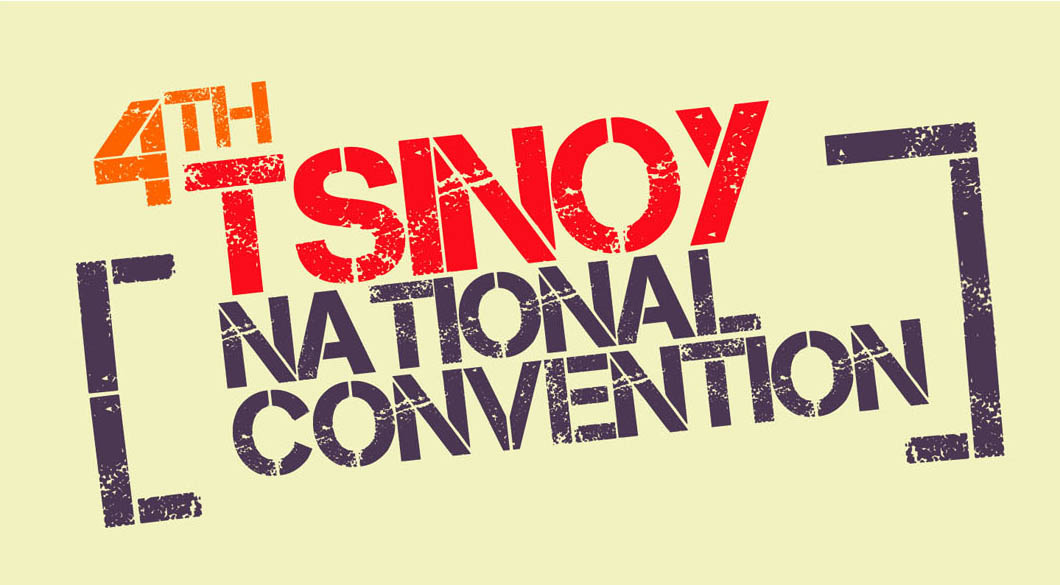First published in Tulay Fortnightly, Chinese-Filipino Digest 25, no. 4 (July 24-August 13, 2012): 14-15.
Every leader envisions a future of a better Philippines.
To help budding Chinese-Filipino leaders, Kaisa Para Sa Kaunlaran is organizing the Fourth Tsinoy National Convention, “Shared Destiny, Building New Bridges” together with PHILFLEX Philips Wire and Cable Co., Liwayway Marketing and Pan Pacific Hotel Manila.
Exciting activities will happen on Aug. 31 – Sept. 1 at the Kaisa Heritage Center.
The two-day event seeks to inspire, instill pride in your multicultural heritage and advocate for oneness, tolerance and mutual respect.
Participants will be urged to engage in social development (what you can do for others) and encouraged to respond creatively to the call of the times.
Inspiration
Solita “Mareng Winnie” Collas-Monsod, will deliver the keynote address. She is professor emeritus of the University of the Philippines and convenor of the Philippine Human Development Network. She is also respected for her long years of service for the country and the world as economist and educator.
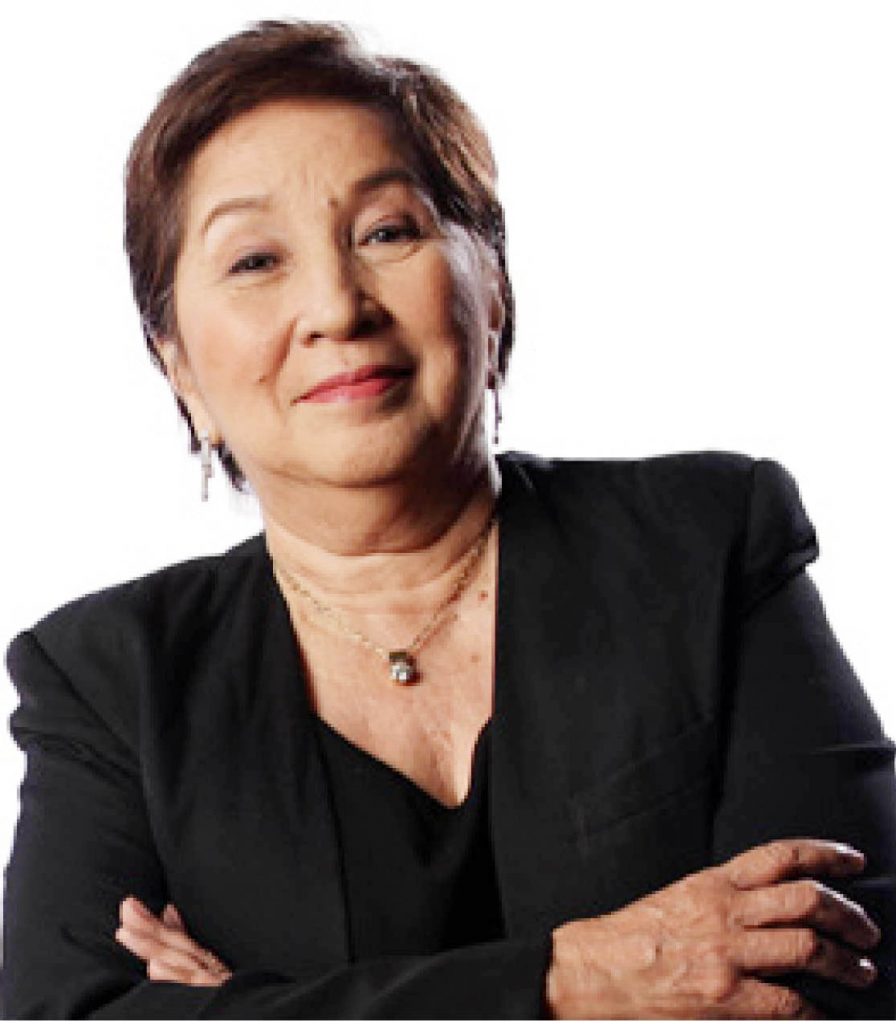
Dialogues
There will be opportunities to converse with Tsinoy exemplars from different fields and learn from their experiences.
Queena Lee-Chua is known as a foremost proponent of making math fun, palatable and digestible. She brings the fun to print, radio, television, online, and interpersonal audiences.
She has received awards as an Outstanding Science Communicator of the Department of Science and Technology in 2008, Jose P. Rizal Awards for Excellence for Education in 2002 and The Outstanding Women in the Nation’s Service in 2001.
Lee-Chua readily admits Filipinos are generally not known for abilities in math or science. She has often spoken on the disparity of the country’s educational system: an Asian country using an American system.
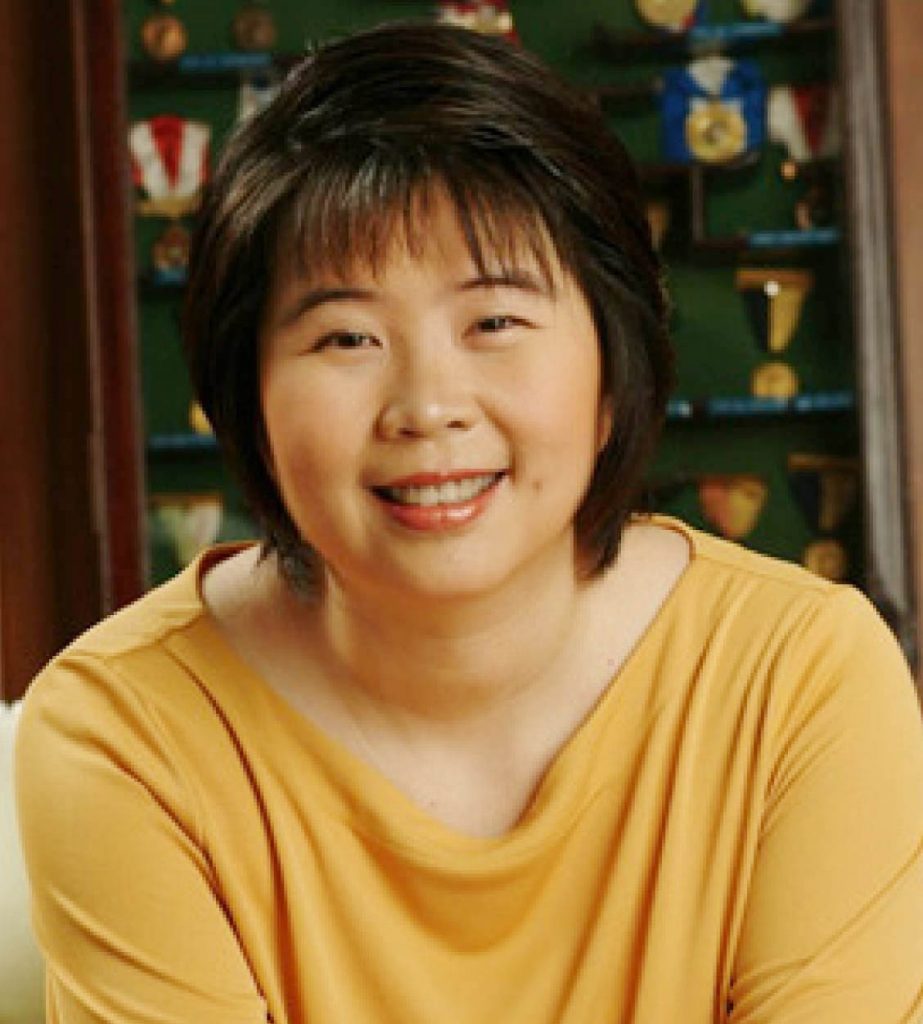
Her work brings to fore this disparity and ways to improve math and science learning. Making mathematics and science fun for students means strengthening the rigorous foundations of the two, as well as infusing creativity in the teaching process.
Tsinoy doctor-scientist Dr. Isidro Sia is one of very few in the field of Ethnopharmacology, which studies ethnic groups, their health, and how it relates to their physical habits and methodology in creating and using medicine.
Ethnopharmacology has gained ground in providing answers to the health and welfare of indigenous peoples and city folk by highlighting the potential of using traditions and beliefs to safeguard the forests and promote advocacy for the rich traditions on health of indigenous peoples.
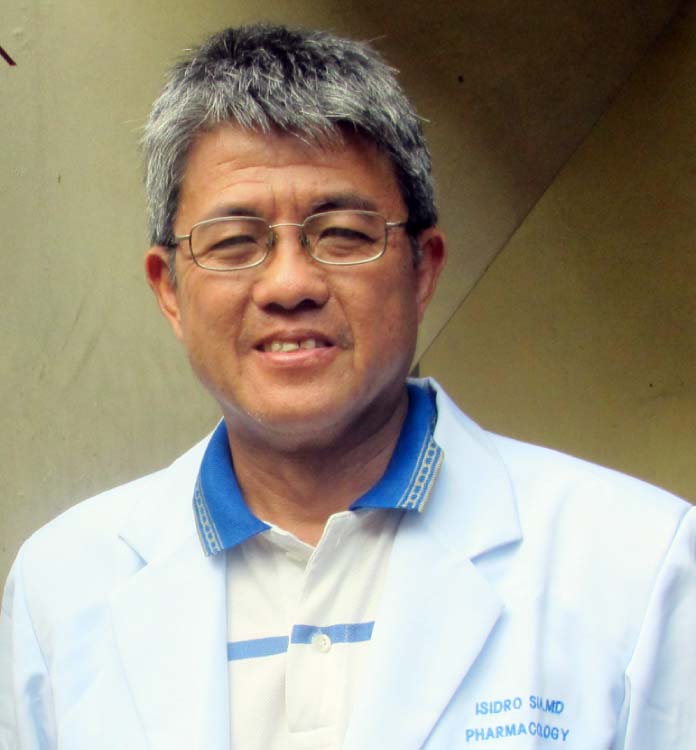
Sia’s work has benefited both national and international organizations like the World Health Organization, Vietnam’s Ministry of Health and the Technical Committee on Traditional Medicines and Health Supplements of the Association of Southeast Asian Nations.
Sia is 2008 Jose P. Rizal Awards for Excellence awardee for medicine.
After finishing Industrial Design at the Pratt Institute in New York, Kenneth Cobonpue worked in Italy and then Germany to further hone his knowledge and expertise.
He took over his mother’s furniture business with his revolutionary concepts in 1996.
He toyed with the idea of moving his base of operations from Cebu but finds himself “returning to my hometown because the skills needed to make my furniture can only be found here.”
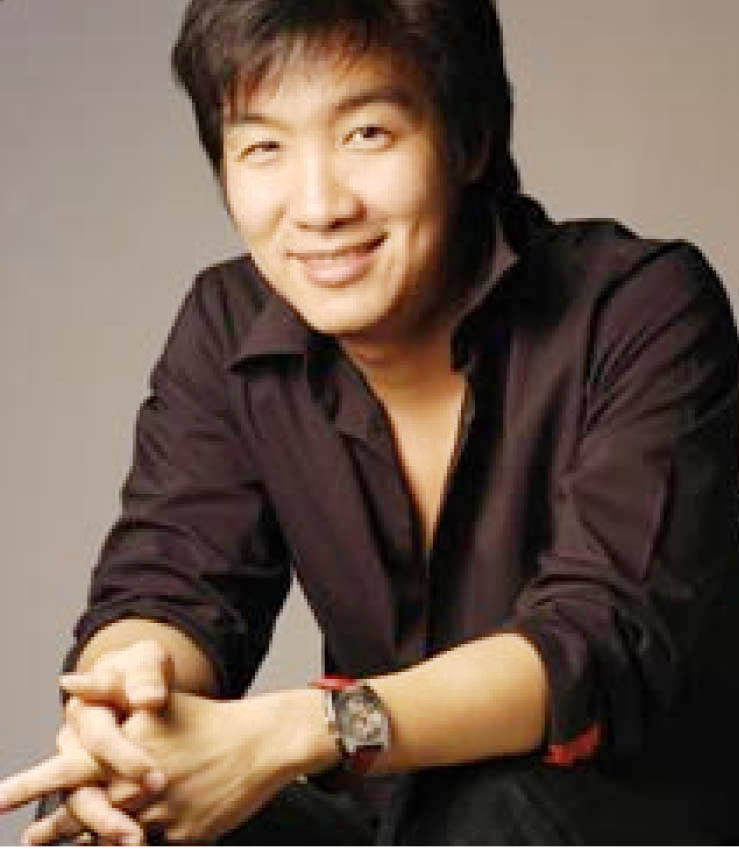
Cobonpue, now a household name in furniture design, is recognized as a leader of a new movement incorporating new technologies with traditional crafts.
Highly skilled artisans create modern furniture using ecologically sustainable fabrics and local-organic building materials such as bamboo, rattan, and abaca. Among his credits are designing the casino set furniture of “Oceans Thirteen.”
Cobonpue is 2010 Jose P. Rizal Awards for Excellence awardee for Arts and Culture.
Crossing bridges
There are Tsinoy-run programs and projects on cultural heritage, education, health, sustainable development, and governance. These programs have been selected for its creative concept, niche market, better practices and working models.
Resource persons and technical experts will give their insights on the program presentations and pose challenges vis-à-vis current development issues.
Bahay Tsinoy is a member of the 10-year-old museum consortium Zero In. Together with Ateneo Art Gallery, Ayala Museum, Lopez Museum, and Museo Pambata, it has started projects in different neighborhoods to reinvent the image of museum away from that of static and alienating. Zero In brings the museum to where people are. Last year, it organized Open Call that featured games, live dance and sound performances, cosplay, visual art, and cuisine at the SM Mall of Asia.
The Children’s Heart Foundation, Inc. aims to mobilize financial resources and implement medical and surgical care for indigent children (newborn to 18 years) suffering from heart disease. At present it supports the Philippine Heart Center with the renovation of its pediatric surgery room and facilities; sponsoring further training for licensed medical practitioners dealing in children’s heart ailments. It hopes to initiate scientific research and development projects in cardiology in the near future.
AiHu (Love and Care in Mandarin) Foundation Inc. launched its Van-Aralan Education On-Wheels program in 2004. It has three 40-foot container vans transformed into mobile computer classrooms. These vans have served more than 13,000 out-of-school youth in almost 50 cities and municipalities in Metro Manila and nearby provinces. The computer class modules are accredited by the Technical and Skills Development Authority, enabling those passing the course a chance for gainful employment.
Another is the Mobile Kitchen which offers two-day basic culinary training and entrepreneurship for food business. The van-turned-mobile kitchen has visited Antipolo City; Marilao, Bulacan; and Quezon City, benefiting mostly housewives and unemployed adults.
Positive engagement living together
At the core of every culture is the rich heritage of spiritual wisdom.
The concept of community and its different aspects – the feeling of belonging to one; how the community can help you; and your personal contribution and responsibility to the community will be part of the convention experience.
This reflective, creative workshop makes use of ubuntu as an illustration of a coherent way of life and a values-based social system. Ubuntu, an ancient code of ethics, is derived from the African Zulu/Xhosa word, Umuntu – a human being.
International human resources development trainer, Helen Sayers, explains: “Ubuntu embraces the values of hospitality, generosity and respect for others. To have ubuntu means to recognise the value of each individual, to acknowledge the divinity in me and you – our shared divinity – that which is sacred in every human being.”
When the recognition takes place, then we will work for positive change in our families and communities where we live.
Under the Philippine sun
How can you better serve marginalized sectors in the communities? By first learning from them.
Those in the convention will visit and immerse with vendors, both stall owners and itinerant; pedicab and kalesa drivers; the informal settlers; church goers; barangay officials; and many other groups of people who represent the microcosms of Binondo (Chinatown), Divisoria, Intramuros and Sta. Cruz.
Building new bridges
The Convention also provides a very good opportunity for organizations to start their own projects through the “Ideas Out of the Box” competition for innovative project ideas on heritage education, social development and volunteerism. Selected project ideas might lead to access of grant funds.
